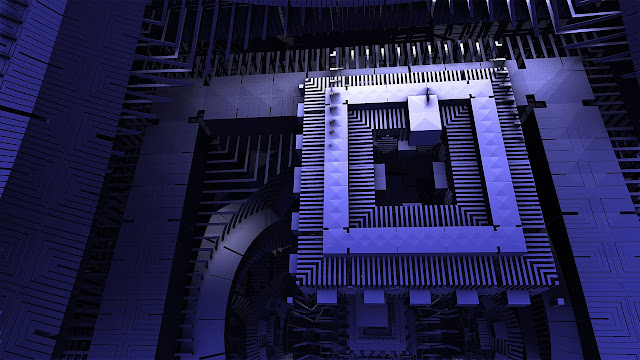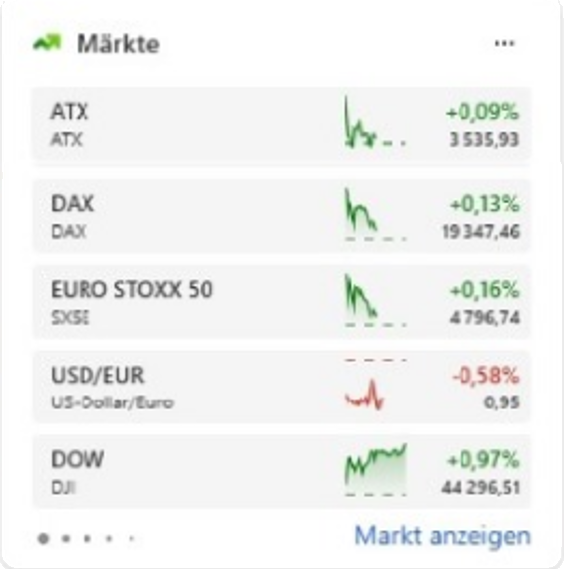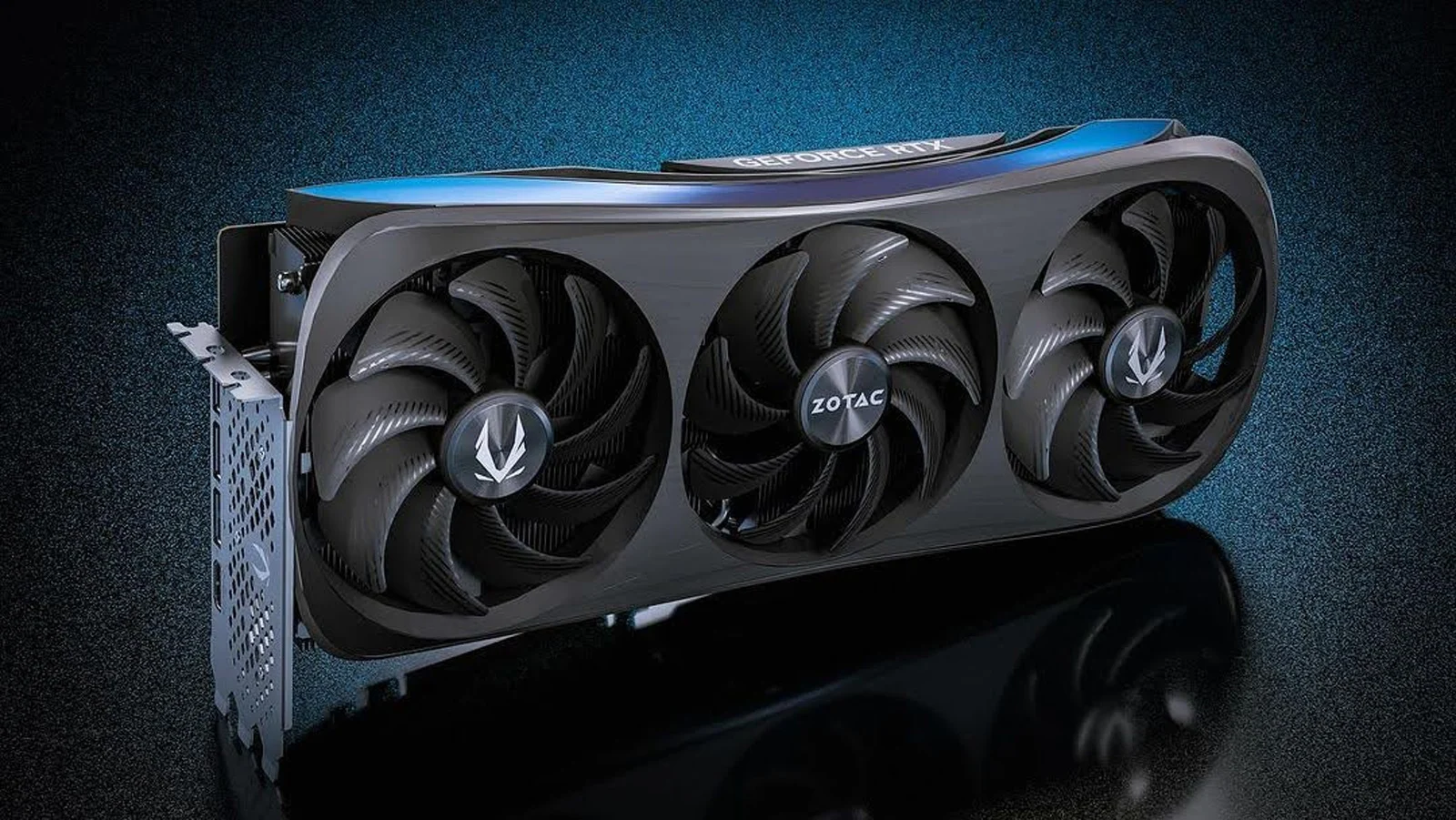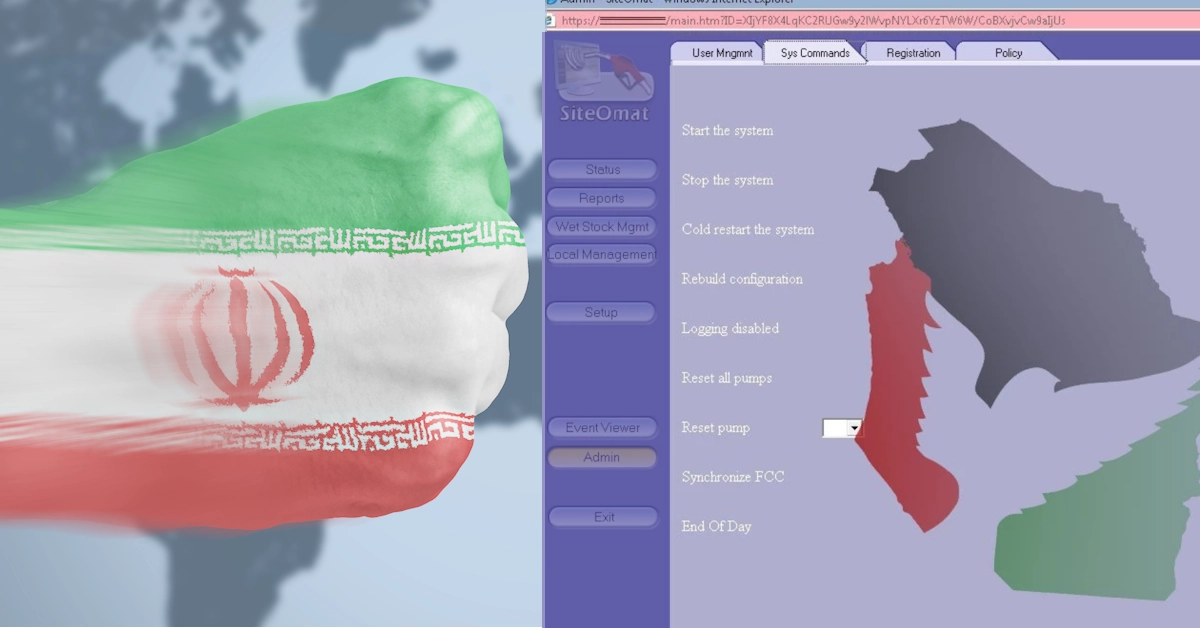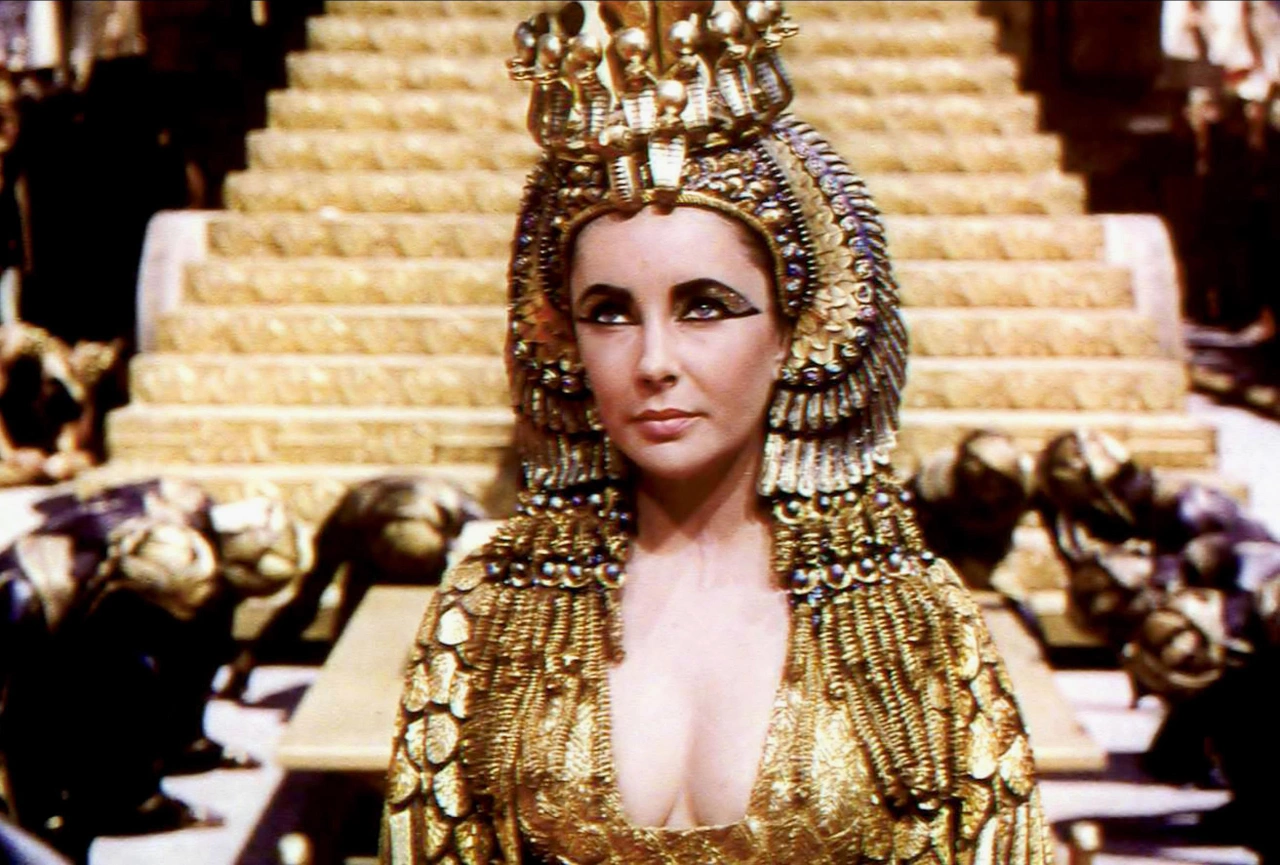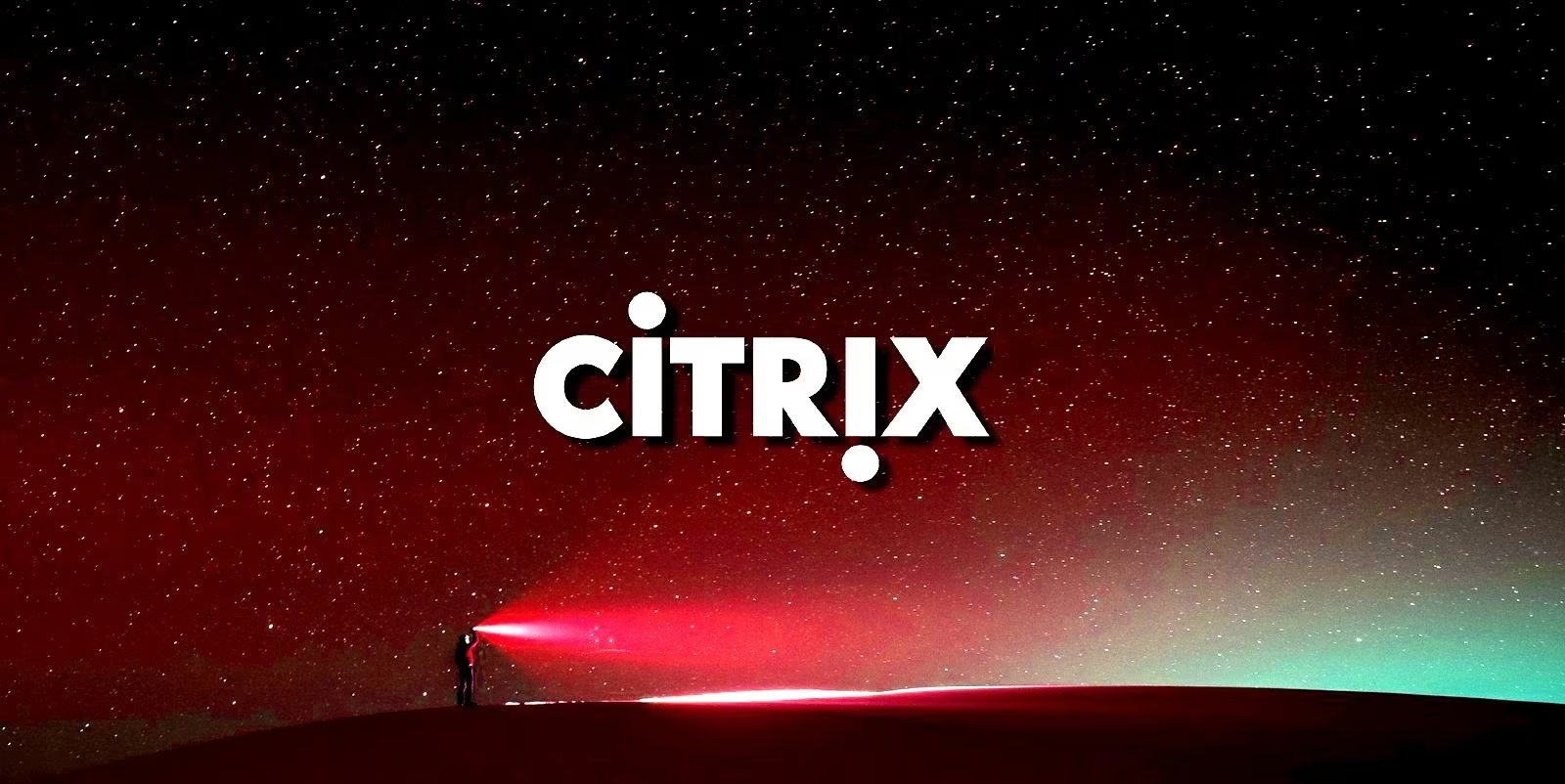Google has made a significant stride in quantum computing with the announcement of its latest chip, named “Willow.” According to Google, this advanced chip can solve problems in just five minutes that would take the most powerful supercomputers on Earth an astonishing 10 septillion years to complete. This breakthrough underscores the immense potential of quantum computing, a field that seeks to harness the mysterious and powerful principles of quantum mechanics.
What is Quantum Computing?
Quantum computing represents a revolutionary leap in technology, distinct from traditional computing. While classical computers use “bits” to represent either 0 or 1, quantum computers use “qubits,” which can represent multiple states simultaneously. This phenomenon, known as superposition, arises from quantum mechanics—a branch of physics studying the behavior of particles at extremely small scales. These principles allow quantum computers to process massive amounts of information simultaneously, solving problems that are far beyond the reach of even the most advanced classical computers.
Key Achievements of Willow
Google’s Willow chip has tackled one of the most significant challenges in quantum computing: error rates. Typically, increasing the number of qubits in a quantum system leads to higher chances of errors, making it difficult to scale up quantum computers. However, Willow has achieved a reduction in error r
